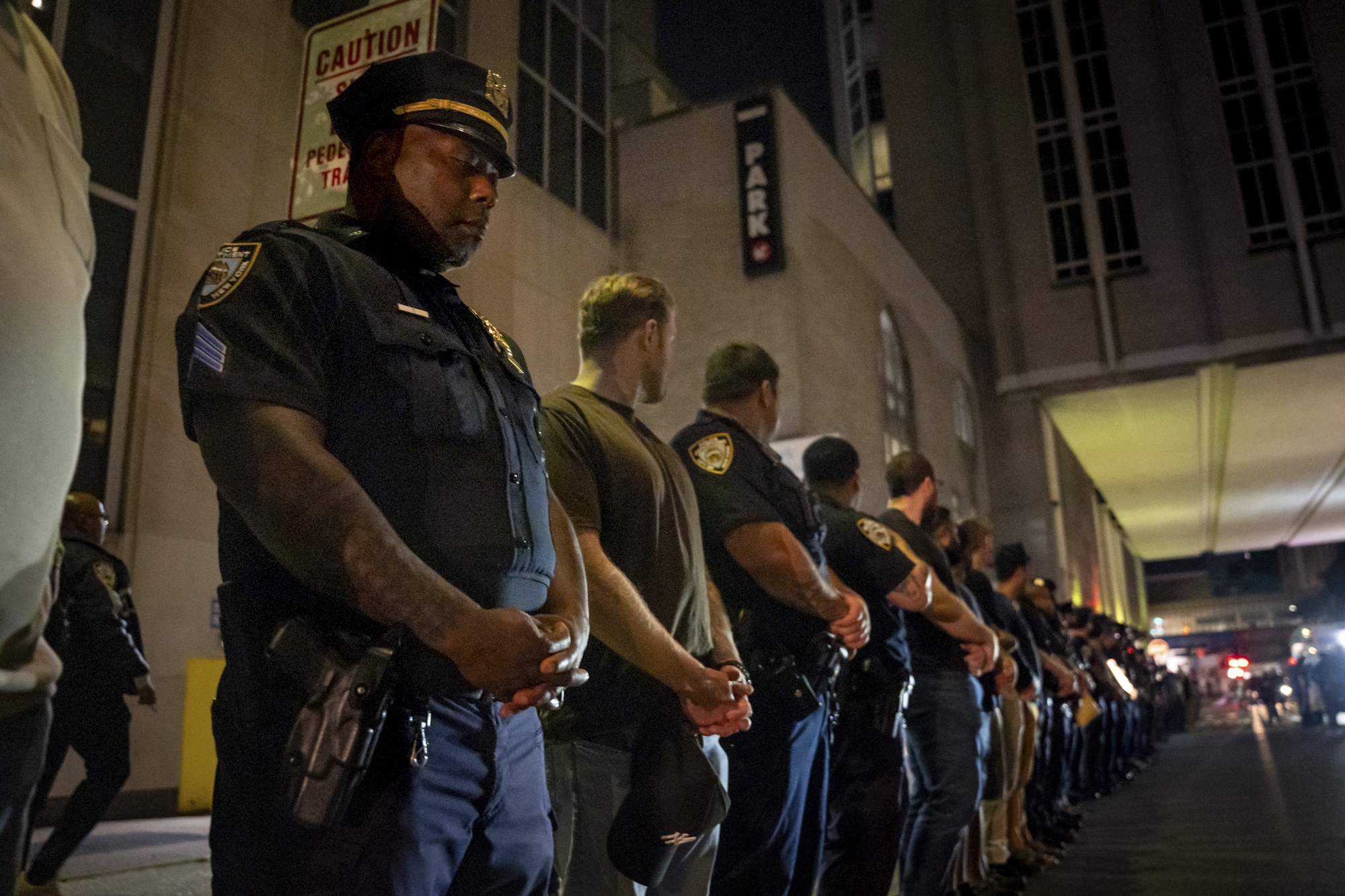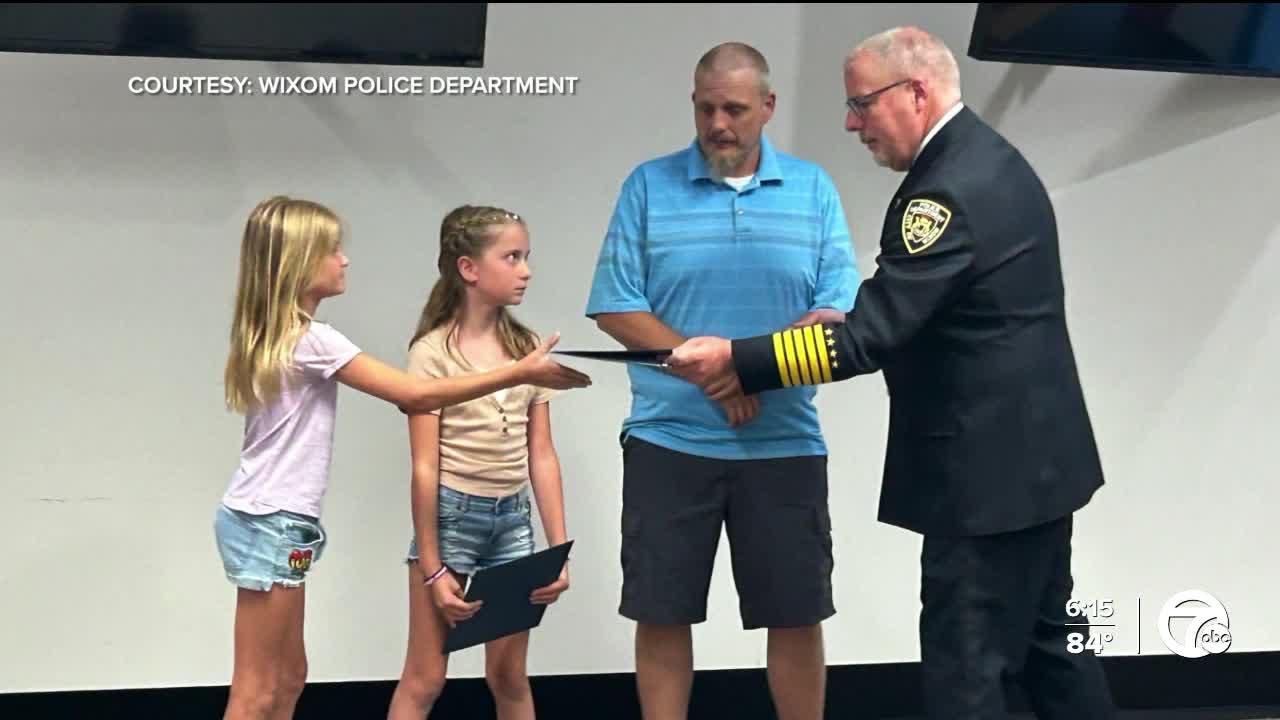It's the last day before February vacation. In her hand, Diane Nicholls holds a small chime, and she rings it gently, trying to get the attention of her elementary-age students. But this Friday morning is proving to be particularly more energetic than most, likely, Nicholls says, because the day prior was also a snow day.
"Let's try to finish up our spelling quietly. It's getting a little loud," Nicholls say with the kind of gentle nudge you'd expect to hear from an elementary school teacher.
For the better part of 25 years, Nicholls has started her mornings walking into a classroom. But these days she oversees the last remaining one-room schoolhouse in the state of Vermont — and one of the few remaining one-room schoolhouses in the country.
"It's definitely not a model most teachers are accustomed to," Nicholls said during a quick break as her class sat for a snack.
Nicholls and teaching assistant Ericka Bellavance are the only staff members at the Elmore School in Elmore, Vermont. First opened in the 1850s, the 1,200-square-foot schoolhouse has served generations of young students over the last century and a half. These days, 18 first- through third-graders spend their school days inside the building. Six-year-olds learn alongside their 9-year-old counterparts.
"For the most part it's a happy family, most days," Nicholls says with a bit of a laugh and smile.
There is no stoplight in Elmore. The last census put the town's population at 864. Eighteen of those young residents can be found inside the Elmore School most weekday mornings.

More families are choosing charter schools. Are they more effective?
Charter schools have seen an uptick in students recently, but available research has shown it's difficult to measure their effectiveness.
First-graders share desk space with second- and third-graders. The only real way to tell which grade students are in here is by the symbols on the name tags stuck to their desks. Students are typically working on the same subject, just at different levels.
"The age thing doesn't really become a factor. It really mimics the real world. Sometimes we even have siblings in the same classroom," Nicholls explained.
Students here appreciate the uniqueness of their classroom and school.
"It's like someone can watch your back. A lot of the older kids look out for the little kids. It's nice to know someone is there for you," third-grader Evalyn Schoeberlein said.
There's no cafeteria in the old building. But every Friday all the students get hot lunch, hand-delivered by a different parent each week.
"Their parents are really involved. It's a really tight-knit community," Nicholls added.
Teaching at the Elmore School is almost in Nicholls' DNA. Her grandmother also taught at a one-room schoolhouse back in the mid-1900s.
"Back then, she had to get to school early and light the fire," Nicholls remarked.
The school is from a bygone era in American education. One-room schoolhouses were once fairly prevalent in the United States. In 1919 there were around 190,000 of them. But today there are fewer than 400. Most have either been consolidated into larger districts or shut down entirely.
Michigan, Colorado, Idaho and New York are among the few states where one-room schoolhouses still exist and house students.

Why do students pledge allegiance to the US flag?
Students in the U.S. have been reciting the pledge of allegiance for decades, but why?
Like others nationwide, there have been moments of uncertainty for the Elmore School over the years. Back in 2020, a proposed cost-saving, consolidation recommendation suggested closing the school. But much like they did when the town's general store was in danger of closing, residents here rallied to keep the school open — keeping their historic schoolhouse from becoming history.
"The kids are learning life skills they can't learn anywhere else. And the importance of smallness and intimacy," town resident Jon Gailmor said standing inside the general store.
For Nicholls, the success of the school often speaks for itself. "I think the tradition of the school speaks for itself. The community really wants to see this school in the future."
Nicholls has worked in plenty of traditional school settings during her two decades as an educator. But after three years in this one-room, she says she prefers the ability to work one-on-one with the same students for three years.
"I get to see their growth over time, which is sometimes amazing. It's so exciting to see the kids make these gains. It feels more rewarding," she explained.
"I think a lot of it is the community we build, being able to build relationships with kids over time," Nicholls added.
Over the years, the generations of kids who have come through here have gotten higher-than-average test scores. And they share a unique bond.
"People have said these kids build friendships they take through the rest of school," Nicholls said.
At a time when division often feels like the future of education, perhaps the students at the Elmore School can teach us all a lesson about community.











